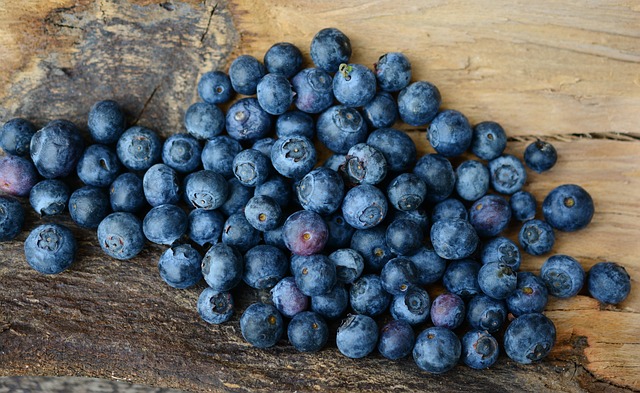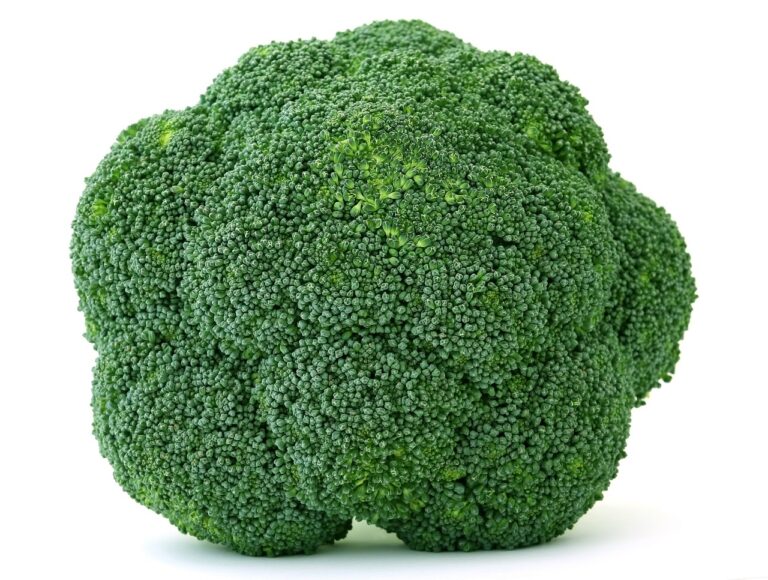Plant-Based Proteins: A Comprehensive Guide
Plant-based proteins offer a multitude of advantages for overall health and well-being. They are typically rich in essential nutrients, including fiber, vitamins, and minerals, which can contribute to improved digestion and enhanced nutrient absorption. Additionally, plant-based proteins are often lower in saturated fats and cholesterol compared to animal-based proteins, making them a heart-healthy alternative.
Incorporating plant-based proteins into your diet may also help with weight management and weight loss goals. These proteins are known to be more filling and satiating, which can help decrease overall calorie consumption and promote a healthy body weight. Furthermore, plant-based proteins have been linked to a reduced risk of chronic diseases such as heart disease, diabetes, and certain cancers, making them a valuable component of a balanced diet.
Sources of Plant-Based Proteins
When considering plant-based protein sources, legumes emerge as a nutritional powerhouse. Lentils, chickpeas, and black beans are just a few examples of legumes that are rich in protein, fiber, and essential vitamins. These versatile ingredients can be incorporated into various dishes, such as soups, salads, and stews, making them a convenient option for those looking to increase their protein intake from plant-based sources.
Nuts and seeds are another excellent source of plant-based proteins that offer a range of health benefits. Almonds, chia seeds, and pumpkin seeds are known for their high protein content and healthy fats. Adding a sprinkle of nuts and seeds to your morning oatmeal or blending them into a smoothie can easily boost your protein intake while providing essential nutrients like magnesium, zinc, and omega-3 fatty acids.
– Legumes like lentils, chickpeas, and black beans are rich in protein, fiber, and essential vitamins
– Versatile ingredients that can be incorporated into various dishes
– Convenient option for increasing protein intake from plant-based sources
– Nuts and seeds offer a range of health benefits
– Almonds, chia seeds, and pumpkin seeds are high in protein and healthy fats
– Adding nuts and seeds to oatmeal or smoothies can boost protein intake while providing essential nutrients
Nutritional Value of Plant-Based Proteins
Plant-based proteins offer a wide range of essential nutrients that are crucial for overall health and well-being. Legumes, nuts, seeds, and whole grains are excellent sources of plant-based proteins that are packed with vitamins, minerals, and antioxidants. These proteins are also rich in fiber, which helps to promote digestive health and keep you feeling full and satisfied.
In addition to being nutrient-dense, plant-based proteins are generally lower in saturated fat and cholesterol compared to animal-based proteins. This can help to reduce the risk of heart disease and other chronic conditions. By incorporating a variety of plant-based proteins into your diet, you can easily meet your daily protein needs while reaping the many nutritional benefits they have to offer.
What are the benefits of consuming plant-based proteins?
Consuming plant-based proteins can help lower the risk of chronic diseases, reduce inflammation, improve digestion, and support weight management. Additionally, plant-based proteins are often more environmentally friendly than animal-based proteins.
What are some sources of plant-based proteins?
Some sources of plant-based proteins include legumes (such as lentils and chickpeas), nuts and seeds (such as almonds and chia seeds), tofu and tempeh, whole grains (such as quinoa and brown rice), and vegetables (such as spinach and broccoli).
How do plant-based proteins compare in nutritional value to animal-based proteins?
Plant-based proteins can be just as nutritious as animal-based proteins when consumed in a well-balanced diet. They are typically lower in saturated fats and cholesterol, and can provide important nutrients such as fiber, vitamins, and minerals.







